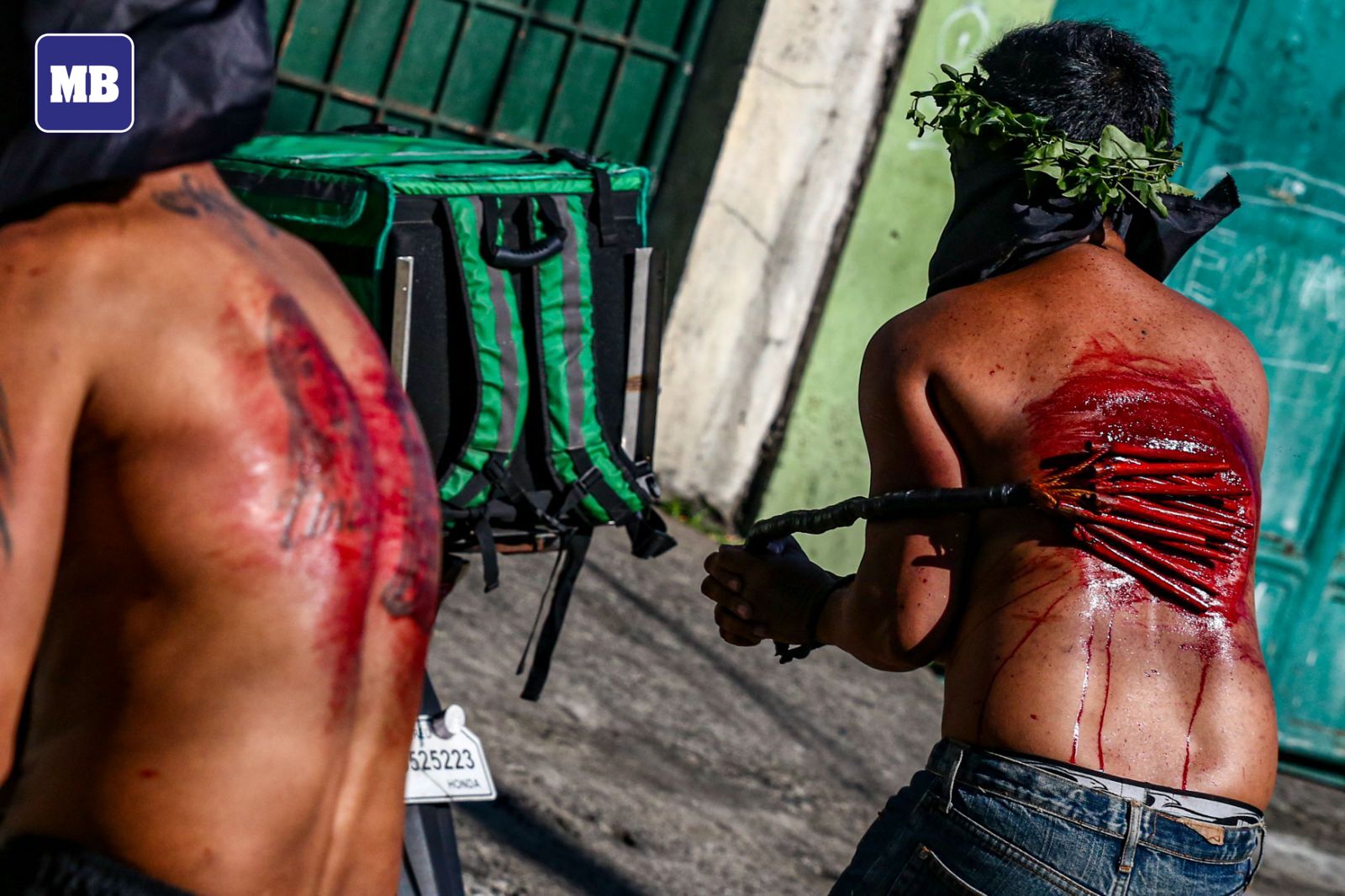Self-flagellation, crucifixion may pose health risks — DOH

The Department of Health (DOH) on Thursday, March 28 reminded the public to stay safe during Holy Week by avoiding acts of penitence that could cause physical injuries.
This was the DOH’s reminder, especially to those who perform acts of penitence, such as crucifixion and self-flagellation.
“The DOH invites the general public observing Holy Week to please avoid acts or rites that lead to physical wounds and injuries. We join the pastoral guidance of our faith leaders, guiding all towards religious practices that are safe and healthy,” it said.
It has issued some reminders to those who will be participating in any acts of penitence.
DOH said an individual who is crucified or flagellated may contract tetanus.
“Siguraduhin na bakunado sa anti-tetano at linisin mabuti ang mga kagamitan sa anumang uri ng penitensiya (Be sure to get anti-tetanus vaccination and clean equipment thoroughly in any type of penitence),” it said.
“Piliin ang ligtas na uri ng pagninilay at penitensiya. I-assess ang sarili bago subukan ang anuman klase ng fasting (Choose a safe type of meditation and penance. Assess yourself before trying any type of fasting),” it added.
DOH said it is beneficial that Catholics practice various forms of meditation that are peaceful, safe, and healthy during the Holy Week.